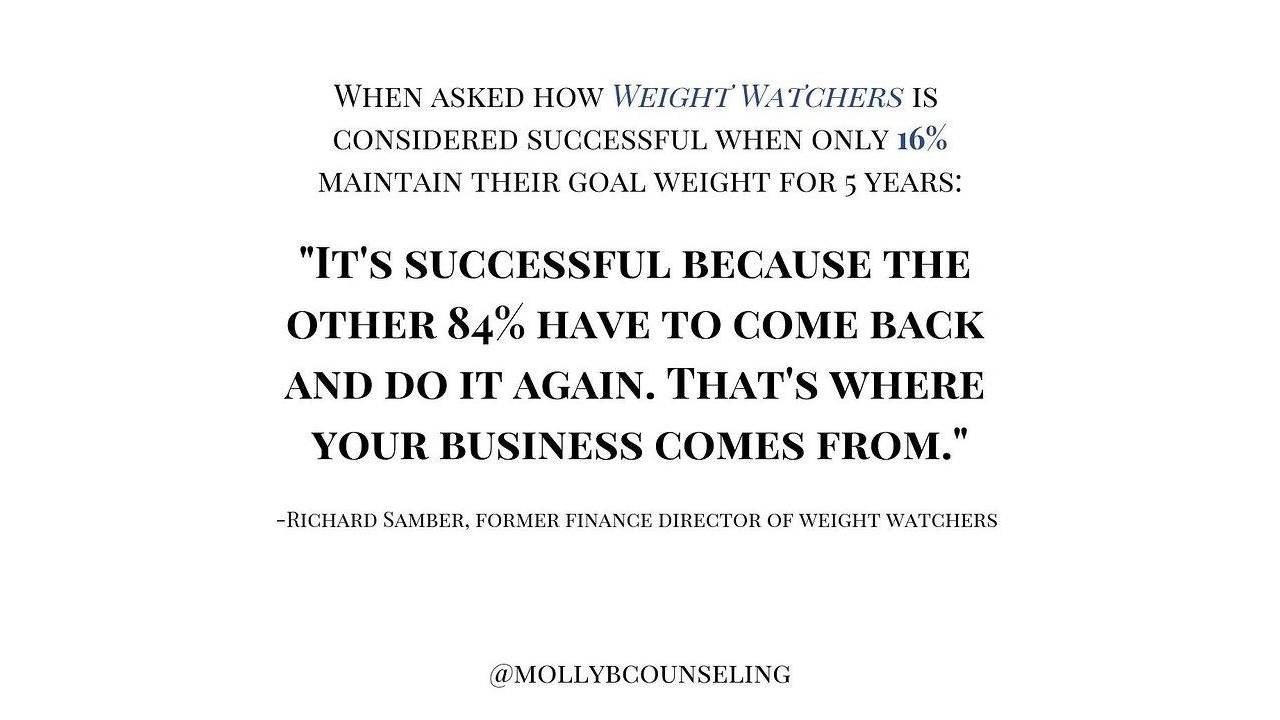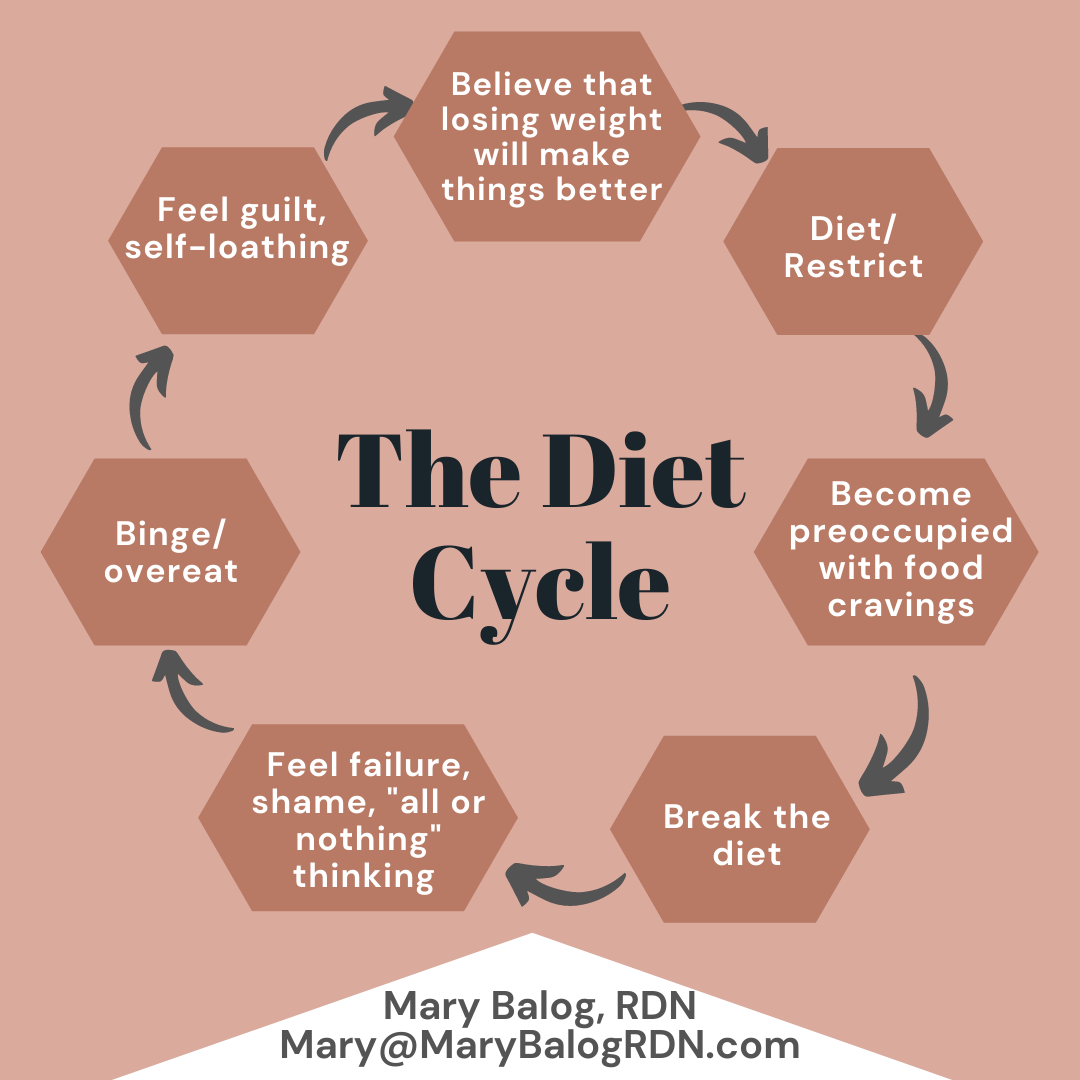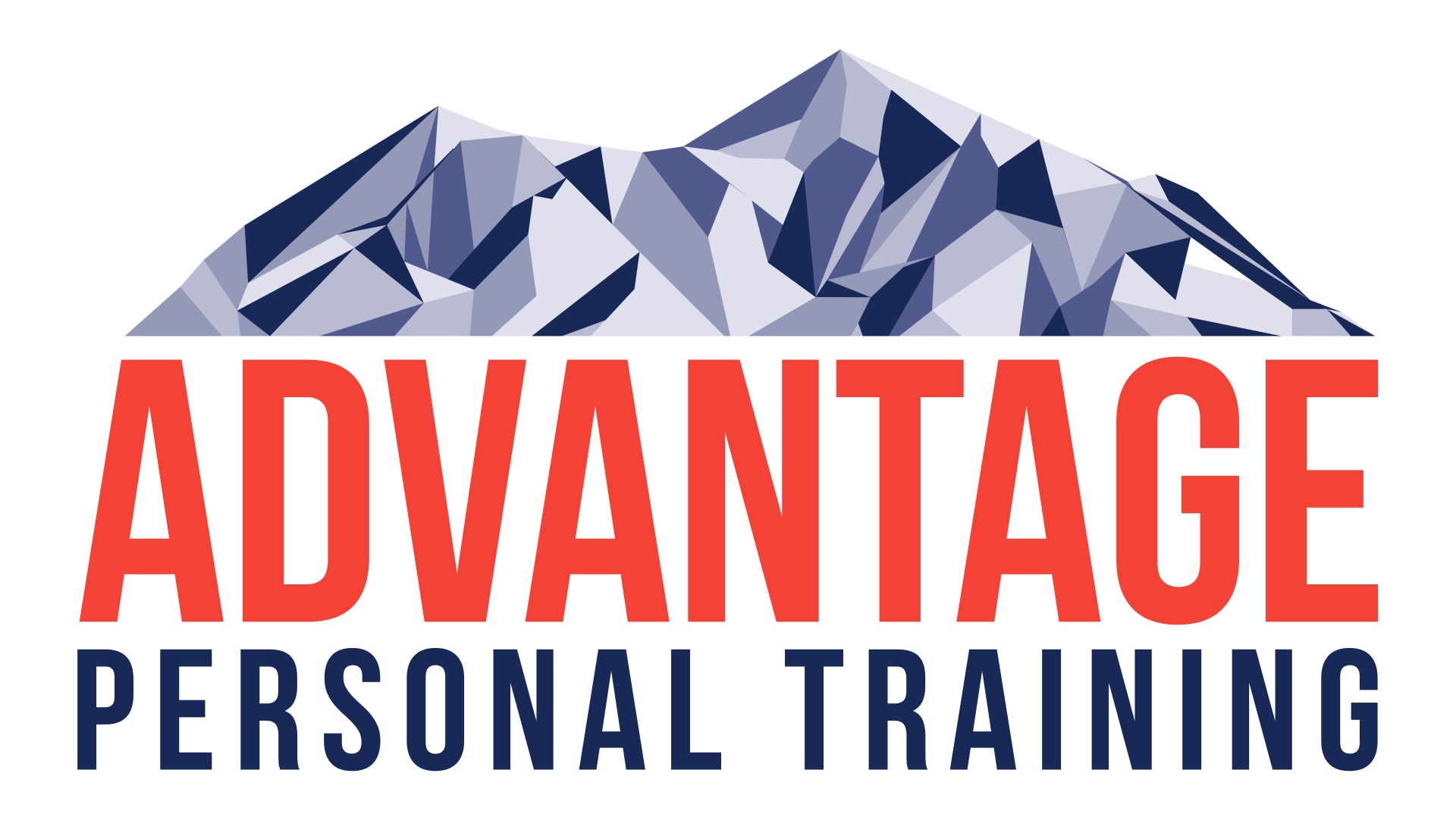Advantage Strength Word of the Year 2015- Connection
As 2015 draws to a close, it’s time for various media outlets to produce a list of the “best of 2015”; the top 50 songs, the top 10 articles, the top 3 richest rappers, etc. It has become a tradition for us at Advantage Strength to go along with the dictionary crowd, and select a Word of the Year. This year, the Oxford Dictionary chose “emoji” because of its increase in use and familiarity in popular culture. When we choose our Word of the Year, we look back and think about what word or concept whose use has increased greatly, and has influenced us the most in the last 12 months, helping us grow as coaches and making Advantage Strength a better place to train. This one word or concept guides the way we operate and makes us better at helping others. Previous Words of the Year (check out Mindset in 2013 , and Movement in 2014 ) are still a huge part of the culture we look to create, but as we reflect on 2015 there is one word that has helped us improve this year.
At Advantage Strength, we are proud to announce CONNECTION as our Word of the Year for 2015. This year, we learned a lot about how much we as humans crave connection with others, and how this connection can foster trust, motivation and buy-in. This makes sense if you look at connection from an evolutionary perspective. When we are newborns, we have mechanisms in place to help us connect with our mothers, and eventually our families. As we get older, we look to connect with our tribe because we have evolved to cooperate to survive. Those we are connected with provide help, protection, and company in what would otherwise be a harsh, solitary world. We are hard-wired to seek out relationships with those around us, and we as coaches are in a perfect position to foster that relationship.
Connection in coaching used to be seen as soft and fluffy, but now science is showing us just how important connection with others is. Studies by Naomi Eisenberger are showing us that social pain, like that experienced in social rejection (a lack of connection with others), is interpreted in the same areas of the brain as physical pain like hunger, thirst, or injury. This is our brain’s way of telling us that being social and connecting with others is not just nice to have, it’s a biological need.
Whenever we are coaching our youth athletes, we make a big effort to establish a connection with each of them. We are always looking to improve our relationship with our young athletes by learning more about them, asking them questions, and being genuinely interested in what they have to say. By focusing on making this connection, we have found we have kids who are excited to come in and work hard, and want to come back each season of the year. Creating a genuine connection lets our young athletes know we care about them, and when they know we care, they tend to give better effort and buy-in to the training we do here. In addition to getting better results from our athletes, we have also found this to be the most fulfilling and successful year of coaching we have had so far.
Learning the importance of connection has made a huge impact on our coaching this year. Each year we have been able to add at least 1 key concept that helps us become better coaches, teachers, and mentors. In 2013, we learned about mindset, 2014 taught us about movement, and in 2015 we added connection as a skill that improves the success here at Advantage.
Was what you read interesting? Maybe even helpful? Join our Insider’s list and we will keep our best stuff coming right to your inbox.
Join Our List



Advantage Personal Training is an Ann Arbor based Family Oriented Gym, focusing on the training needs of individuals, small groups and youth athletes. Meet with a results-oriented personal trainer and put yourself on the path to a more active life!
SERVICES
CONTACT INFORMATION
Hours of Operation
Mon to Fri: 6:00 AM - 8:30 PM
Sat: 8:30 AM - 12:30 PM
Sun: CLOSED
All Rights Reserved | Advantage Personal Training

